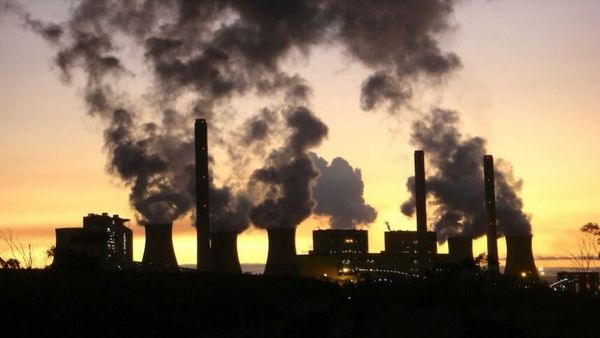
Now more than ever, more of us prefer to bank with a financial institution that genuinely cares about the future of the planet. We want to know our funds are not being used to prop up environmental polluters.
Research bears this out. A recent study by the Responsible Investment Association Australasia found more than 80% of us expect our savings to have a positive effect on the world.
Moreover, more people appreciate the power of responsible investment, with 67% of us having heard of it or knowing what it is, up from 50% in 2020, when the survey was last conducted.
Nicole Haddow, author of The Ethical Investor: How to Quit Toxic Companies and Grow Your Wealth, says more Australians want to know that their bank stands for something more than profits.
“We are seeing growing interest in purpose-led banks in Australia, because consumers are aware that where they put their money can have an impact on people, the environment and society,” Haddow says.
Different banks have different purposes, she says. “One bank might commit to playing a part in reducing the impact of climate change through its investments by screening out fossil fuels and committing to renewable projects. Another bank’s purpose may be to educate and empower its customers.”
Transparency is an indication that a bank has purpose, Haddow says. “They’ll likely issue reports outlining the impact they’re making in their focus areas. Quality communication and customer service is also a good sign. Like any organisation, genuinely happy staff who want to help their customers show that there’s a commitment to something other than profit.
“It’s important for people to know that regardless of who they bank with, they can certainly drive change. Increasingly, people are contacting their banks because they’re not happy with how they’re operating. You really can vote with your money.”
Jane Kern, senior manager, impact finance, Bank Australia, says a purpose-led bank has sustainability at the heart of its business model. “Institutions like us are really clear about why we exist beyond making a profit,” she says.
Bank Australia is customer owned. Each customer gets a say in how it is run and can vote on the bank’s directors. The bank asks customers about issues that are important to them and how they would like the bank to act. This gives the business clarity of purpose.
Its certification as a B Corporation is further evidence of Bank Australia’s commitment to meeting the highest standards of verified social and environmental performance. “We’re also a member of the Global Alliance for Banking on Values, which is a network of independent global banks committed to using finance for positive change,” Kern says.
Have your say
When you choose a bank, as well as getting to know its values, you might want to investigate how it uses the funds you deposit and invest. If you don’t agree with expansion of the fossil fuel industry, for example, you might choose not to bank with organisations that fund it.

Bank Australia’s engagement work has identified climate change as its customers’ most important issue. Some of the ways the bank is taking action on this insight is by making a commitment to never lend to the fossil fuel industry, and recently announcing a net zero emissions target of 2035.
Many consumers want their banks to play leadership roles in addressing the climate change emergency. A good resource is research by Market Forces, which publishes information about which banks fund fossil fuels and the extent of their exposure. You might want to let your bank know you’re not happy if it funds this sector, and consider moving to a bank that doesn’t operate this way.
At the same time, many Australians want to know how they can actively contribute to a better environmental future. That’s been a big driver for Bank Australia to introduce products that reward customers who buy electric vehicles and power their homes with renewable energy.
Other factors to consider when choosing a bank that aligns with your ethics include responsible lending, gender diversity on boards, a quality customer experience and whether staff working at the bank are treated well. Of course, your money will be a factor too, so also look out for fair interest rates on mortgages and competitive fees.
Banks are increasingly balancing the interests of people and the planet with their need to make a profit. If that’s something that resonates, choose a bank that integrates sustainability into its core business. That’s the best way to raise the bar across the financial services industry, and support better future environmental outcomes.
Does your bank align with your values? Discover a new approach to banking via Bank Australia.










